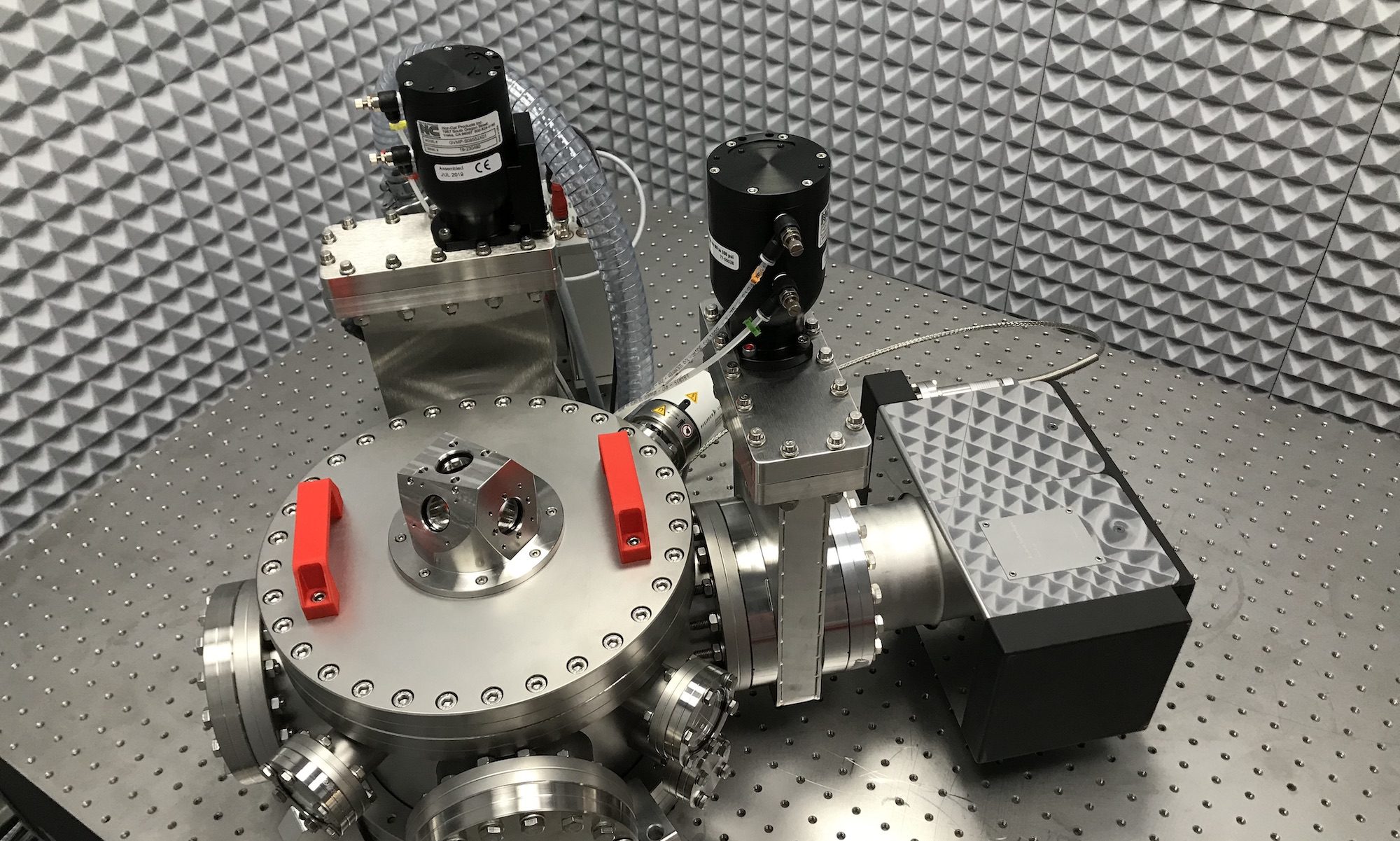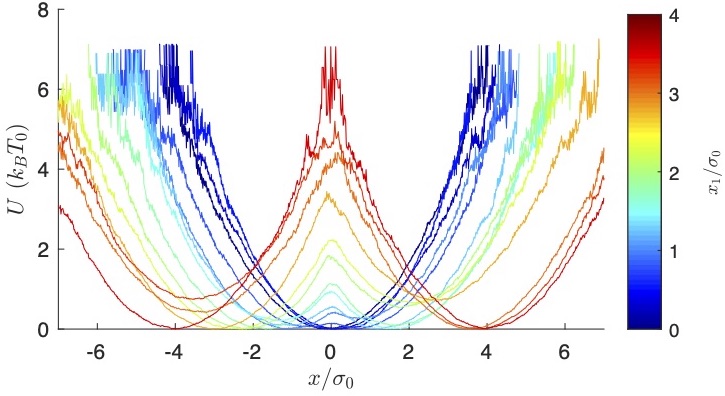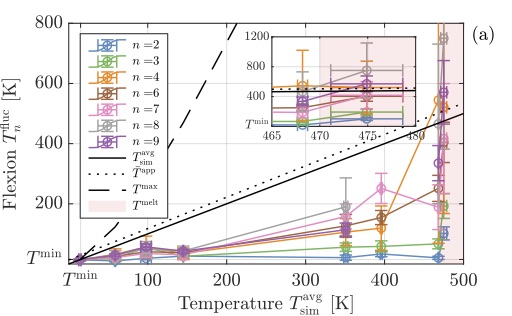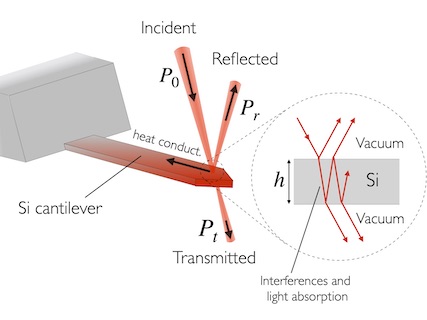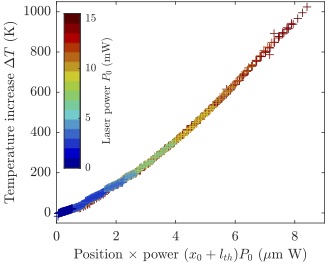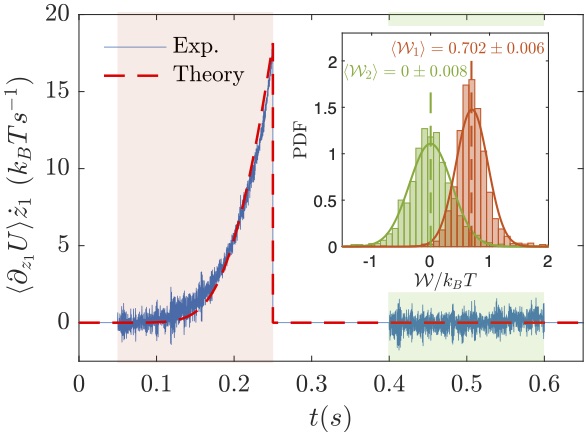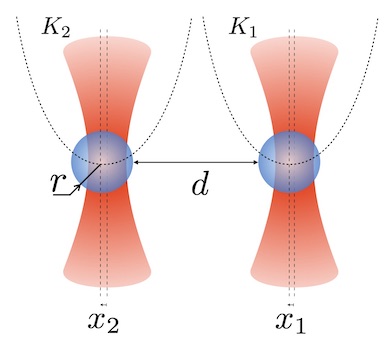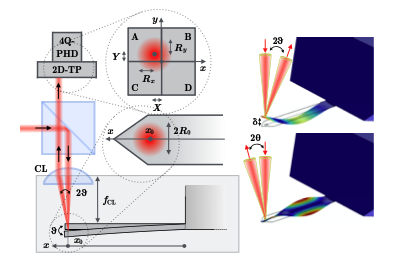Salambô Dago, Jorge Pereda, Sergio Ciliberto and Ludovic Bellon, J. Stat. Mech. 2022, 053209 (2022)
[Article] doi: 10.1088/1742-5468/ac6d62
[Erratum] doi: 10.1088/1742-5468/acd697
[Dataset] doi: 10.5281/zenodo.6497247
Virtual potentials are a very elegant, precise and flexible tool to manipulate small systems and explore fundamental questions in stochastic thermodynamics. In particular double-well potentials have applications in information processing, such as the demonstration of Landauer’s principle. Nevertheless, virtual double-well potentials had never been implemented in underdamped systems. In this article, we detail how to face the experimental challenge of creating a feedback loop for an underdamped system (evolving at much smaller time scale than its overdamped counterpart), in order to build a tunable virtual double-well potential. To properly describe the system behavior in the feedback trap, we express the commutation time in the double-well for all barrier heights, combining for the first time Kramer’s description, valid at high barriers, with an adjusted model for lower ones. We show that a small hysteresis or delay of the feedback loop in the commutation between the two wells results in a modified velocity distribution, interpreted as a cooling of the kinetic temperature of the system. We successfully address all issues to create experimentally a virtual potential that is statistically indistinguishable from a physical one, with a tunable barrier height and energy step between the two wells.
